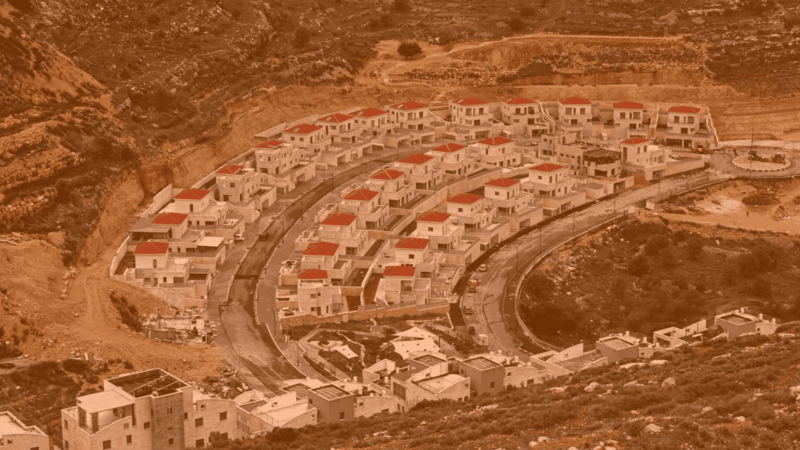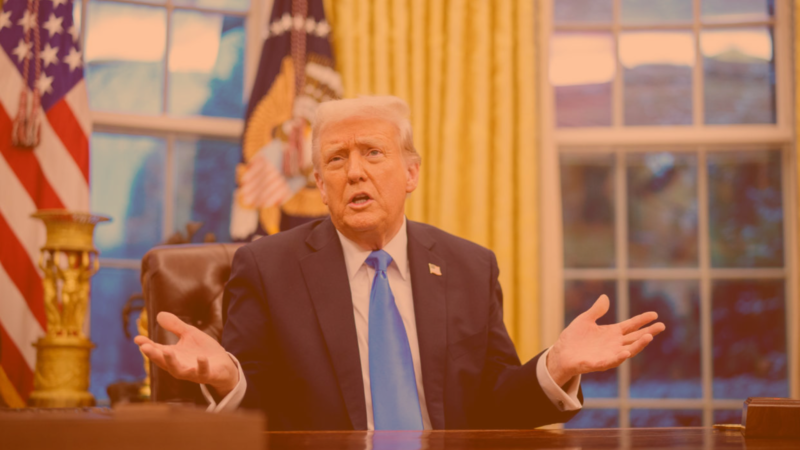Imagine a country with six TV stations that dedicate 80 percent of their election coverage to the ruling party, but virtually never in a negative context. A country where one man, the former Prime minister and current President, dictates the way editors create TV programs and the way journalists report the news. Where first six to 10 minutes — out of 30 — of prime time national television Radio Televizija Srbije are almost exclusively dedicated to said president. Imagine a country where a wide range of tabloid newspapers effectively ran by the ruling Serbian Progressive Party (SNS) use all kinds of defamatory statements to discredit politicians of the opposition, calling them traitors, accusing them of being paid by “foreign destabilizing agencies.”
Now imagine this country in Europe. And imagine its authorities being strongly supported by the EU establishment and applauded for maintaining stability in the Balkans, diligently applying austerity measures, and selling formerly public companies to foreign investors while keeping minimum wages low in order to “create a better climate” for investments. Jean Claude Juncker wholeheartedly congratulated President Vučić on his electoral victory last April, which Vučić won under very dubious circumstances and which sparked a month of daily protests with 60 000 people to the streets. More recently, Johannes Hahn, European Commissioner for European Neighborhood Policy and Enlargement Negotiations, gave Pythian answers to journalists’ questions about media freedom in Serbia, stating that “there is no perfect model, but one can really look in other countries using examples trying to improve the situation, but it’s an ongoing process”.
Finally, imagine a grassroots movement financed exclusively from citizens’ donations, campaigning to enter the City Council in Belgrade under these circumstances. This is the situation that Don’t Let Belgrade D(r)own — together with DiEM25 activists in Belgrade — are facing.
The Initiative’s presentation on the RTS was almost banned due to unspecified “inappropriate content”. It was only after the news reached the very few independent media that the RTS allowed the video to be broadcasted. And this is but a one example of gross violations of rules on equal representation of all the electoral candidates.
This kind of media situation was, unfortunately, normalized by business-as-usual opposition parties — now running against the SNS — using familiar rhetoric of the lesser evil. The Initiative often suffers heavy blows the opposition, as well, accused of “taking away” votes from the establishment with little attention paid to the movement’s core claims or its members’ grievances.
In short, Don’t Let Belgrade D(r)own is a challenger on a very uneven playing field. Consider the fact that there are 24 lists of candidates for representatives in the City Council — more than a half of which can be linked to the ruling party. This, naturally, creates confusion among citizens and diminishes the voices of genuine opposition.
But worry not: there is a silver lining. First of all, whatever the outcome of the elections might be, the Initiative has already shifted the discourse of the entire campaign. Trying to respond to the challenge of the new and progressive force, most of the opposition parties were forced to adopt a defense of public goods, protection of workers’ rights and pensions, and a challenge to privatization and public-private partnerships. Meanwhile, it pushed us to be more creative, bringing a Duckmobile to the streets of Belgrade — and bringing us closer to the people. Indeed, the media’s rejection of our movement drove us deep into the streets: to one-on-one conversations with citizens who feel empowered for the first time by our invitation to participate in their local politics. That is the tailwind that will push Don’t Let Belgrade D(r)own to the City Council – one more step in the fight for our city.
Milena is a member of DiEM25 DSC Belgrade 1.
Do you want to be informed of DiEM25's actions? Sign up here















